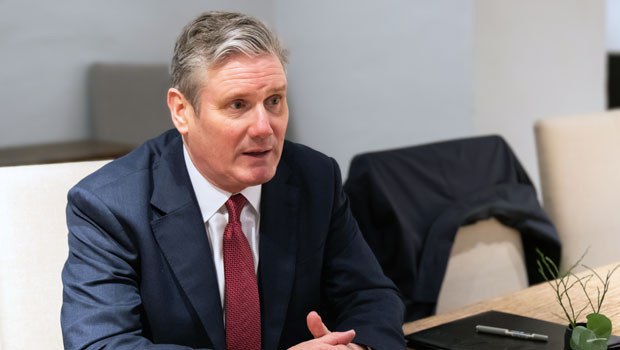
Source: Sharecast
Prime minister Keir Starmer met the US president at the G7 conference in Alberta, Canada to sign the bulk of the pact, which was agreed in May.
Following the signing, Trump told reporters: "We signed it, and it’s done. It’s a fair deal for both. It’ll produce a lot of jobs, a lot of income."
He also said the UK would be protected from future tariffs "because I like them".
Starmer added: "This is a very good day for both of our countries, a real sign of strength."
The deal removes tariffs on certain aerospace products and cuts the UK's rate for car exports from the 25% imposed worldwide to 10%.
The UK has also been exempted from the global 50% tariff on steel, although the original levy of 25% remains
The government said it would continue to "go further and make progress towards 0% tariffs on core steel products, as agreed".
Trump unveiled his tariff regime on 2 April, which he dubbed Liberation Day. It caused weeks of chaos across markets, including in US Treasuries, as countries such as China and the European Union announced their own, reciprocal levies and fears of a global recession mounted.
The president eventually rowed back some of the highest taxes and agreed to a temporary halt in hostilities with Beijing.
The UK was the first country to secure a trade deal with the US, in May.
The Society of Motor Manufacturers and Traders called the deal "great news" for the automotive industry.